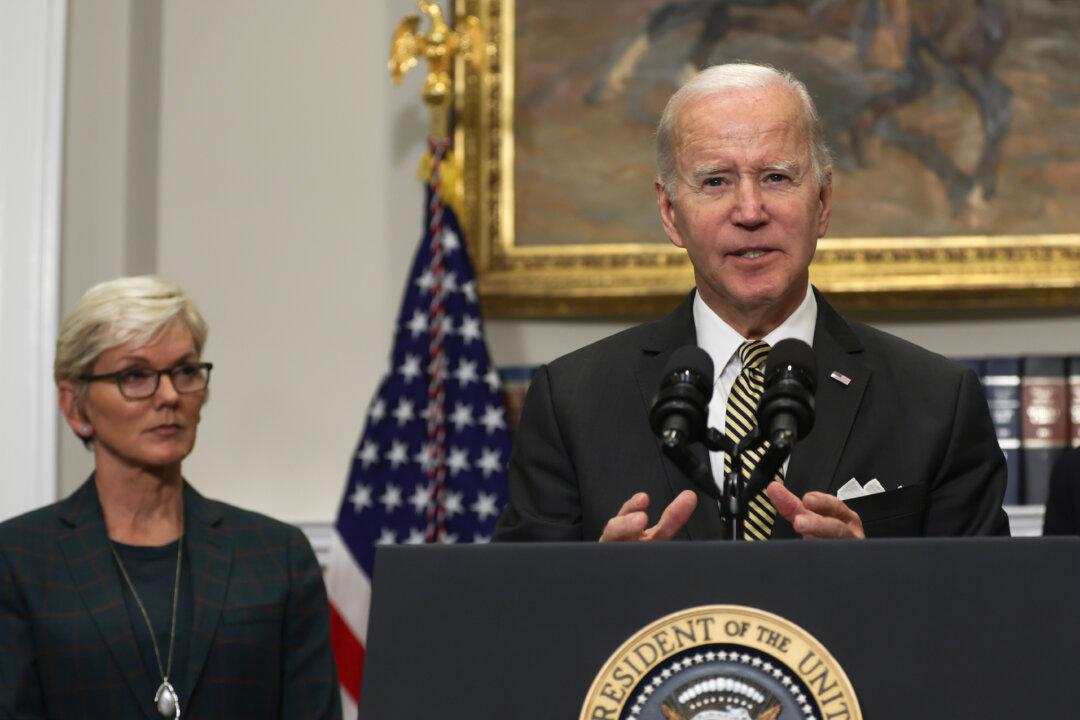The Biden administration is targeting lightbulbs as part of its climate agenda, setting energy efficiency standards that only LED bulbs can meet.
The U.S. Department of Energy (DOE) finalized energy efficiency standards for general service lamps (GSL) on Friday, requiring that the efficiency level of bulbs be raised from 45 lumens per watt to more than 120. GSLs include the most common types of residential and commercial lightbulbs. A higher lumen per watt output indicates that the bulb can convert more electrical energy into light, resulting in lower energy consumption.





